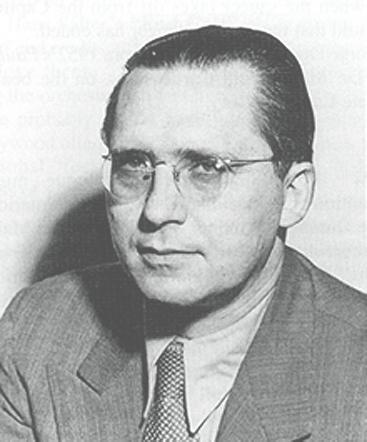Daniele Amfitheatrof (Daniele Amfitheatrof)

Following his graduation, Daniele Amfitheatrof took his place in Italian music circles of the day. In 1924 he was appointed pianist, organist, and assistant choral conductor of the Augusteo Symphony of Rome. Successive appointments included a position as the artistic director of the Italian Radio in Genoa and Trieste (1929–1932), as well as the management of RAI in Turin, where he also conducted many symphony concerts, choral works and operas at the Teatro Regio di Torino (1932–1937). He also travelled extensively throughout Europe, conducting many of the leading orchestras there. Amfitheatrof’s success as a composer in his own right was assured early on in his professional career by performances of his concert works, including Poema del mare (1925), Miracolo della rosa (1926) and Christmas Rhapsody for Organ and Orchestra (1928) and American Panorama (1933). Later, he composed his first film score for Max Ophüls’ La Signora di tutti (1934). Following the premiere of his programmatic work American Panorama (1935), which was conducted by Dimitri Mitropoulos in Turin in 1937, Amfitheatrof was invited by the Minneapolis Symphony Orchestra to a position as Mitropoulos’s associate for the first two months of the 1937-1938 concert season. Amfitheatrof arrived in the United States with his wife (née May C Semenza), his son, Erik (b. 1931), and daughter, Stella Renata (b. 1934), at New York Harbour on October 21, 1937. His arrival was noted in the New York papers. Daniele Amfitheatrof’s busy schedule with the Minneapolis Symphony Orchestra included concerts in regional Minnesota and the Province of Manitoba. His appearances were well liked by audiences and received much favourable press. Amfitheatrof also accepted a brief engagement with the Boston Symphony Orchestra at the behest of their conductor, Serge Koussevitsky, in 1938.
With World War II imminent in Europe, Daniele Amfitheatrof elected to remain in the United States. He relocated his family to California on the recommendation of Boris Morros, then director of music at Paramount Pictures. Amfitheatrof was hired by Metro-Goldwyn-Mayer Studios under an exclusive four-year contract (1939–1943). His scores at MGM include those for Lassie Come Home, the first major film of a young Elizabeth Taylor. During his twenty-six years in Hollywood, where he was employed by each of the major studios at one time for another, he composed the scores (often uncredited) for over fifty films, including Letter from an Unknown Woman, The Desert Fox, The Naked Jungle, The Last Hunt, and The Mountain. His final score was written for Major Dundee in 1965. (This score, which was disliked by many, including director Sam Peckinpah, was replaced with a new score by Christopher Caliendo for the reconstructed version, which was released theatrically in 2005; both scores can be heard on the DVD, released later that year). Amfitheatrof was twice nominated for an Oscar, for his work on Guest Wife and Song of the South. Amfitheatrof once remarked in written correspondence (citation: private letters) with his friend and colleague, John Steven Lasher, that his career in Hollywood “as a prostitute composer” ultimately tarnished his image as a professional musician. As a result, he was unable to secure commissions or performances of his concert works. Daniele Amfitheatrof returned to Italy in 1959 and lived there for the most part until 1967. He made frequent visits to the United States during the final fifteen years of his life. Plans to secure funding for a stage musical called The Staring Match, the production of a film, and the completion of a cello concerto, were all doomed to failure. His final years were spent in relative seclusion in Venice and in Rome, where he died on June 4, 1983.
Born
- October, 29, 1901
- Saint Petersburg, Russia
Died
- June, 04, 1983
- Venice, Italy

